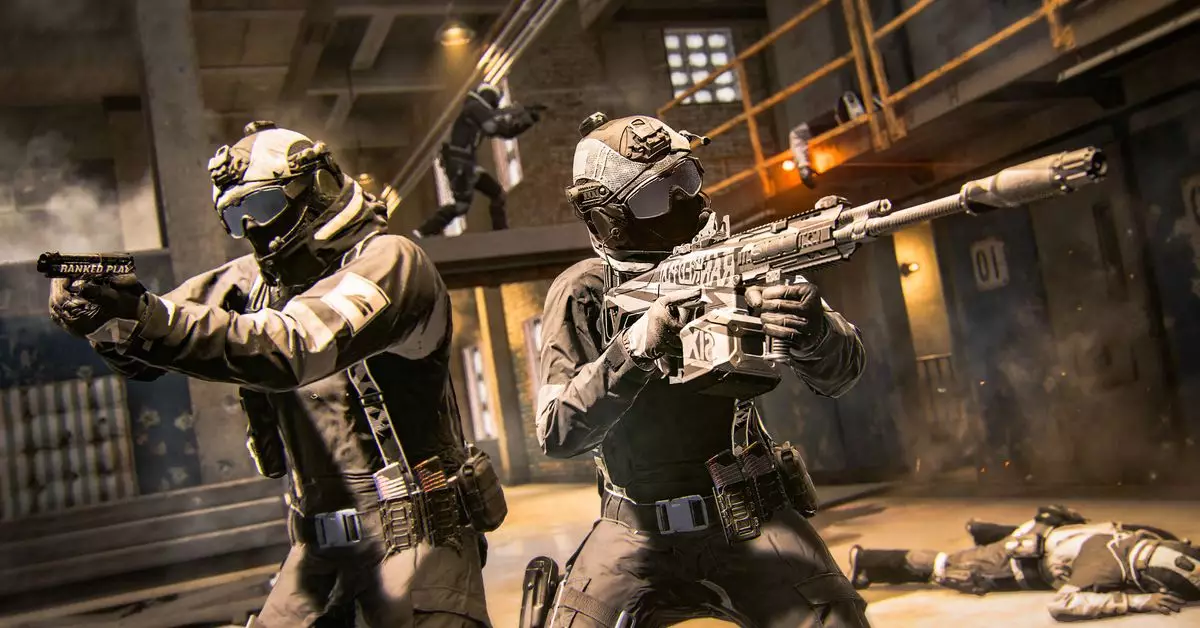The world of online gaming often finds itself entangled in a web of debates surrounding cheating, fairness, and the integrity of competitive play. Recently, Activision’s popular titles, Modern Warfare III and Call of Duty: Warzone, have come under scrutiny due to allegations involving their anti-cheat software, Ricochet. Reports surfaced that a workaround had been disabled, leading to the wrongful banning of legitimate players—a scenario that raises significant concerns about the robustness of the anti-cheat measures in place and the implications for the gaming community.
In response to the situation, Activision reassured its player base, declaring that the bans had only affected a “small number” of accounts, all of which were quickly restored. However, the narrative significantly differs when viewed through the lens of zebleer, an individual behind the Phantom Overlay store known for selling cheats. Zebleer claimed that the issue was far more severe than Activision acknowledged, suggesting that an exploit was used to target unsuspecting players en masse. This discrepancy between Activision’s assessment and zebleer’s assertions has created a fracture in trust amongst gamers, raising questions about the true effectiveness of Ricochet.
A key point in zebleer’s argument reveals a troubling detail about Ricochet’s memory scanning protocol. It seems that the detection system was scanning for a specific plaintext string associated with cheat software. This oversight provided malicious users with an avenue to manipulate the system by merely sending targeted messages in-game. For instance, a subtle message like “Nice Trigger Bot dude!” could trigger a cascade of consequences, resulting in permanent bans for innocent players. The gravity of this situation is amplified by claims that thousands of players were caught in this exploit before an apparent focus on high-profile individuals, such as streamer BobbyPoff, came to light.
The ramifications of these unfair bans extend beyond just the affected accounts; they lend to a broader narrative about cheating in online games and the corresponding mistrust that envelopes the community. Players often find themselves under scrutiny, with the line between legitimate gameplay and suspicious behavior becoming increasingly blurred. BobbyPoff’s case is particularly poignant—despite his declaration of innocence, malicious conjecture flourished around his gameplay, underlining how fragile a player’s reputation can be in the competitive environment of online gaming.
As discussions about the Ricochet anti-cheat system progress, it is evident that transparency will be paramount. The Call of Duty Updates account announced that the Ricochet team would address the exploit in a forthcoming blog post, but the lack of immediate clarity and a robust fix fuels ongoing speculation. Gamers deserve assurance that anti-cheat technologies can protect them, not penalize them unjustly. As the dust settles, only a comprehensive and transparent approach can mend the trust gap between players and publishers, allowing the gaming community to move forward in an era where fair competition reigns supreme.

